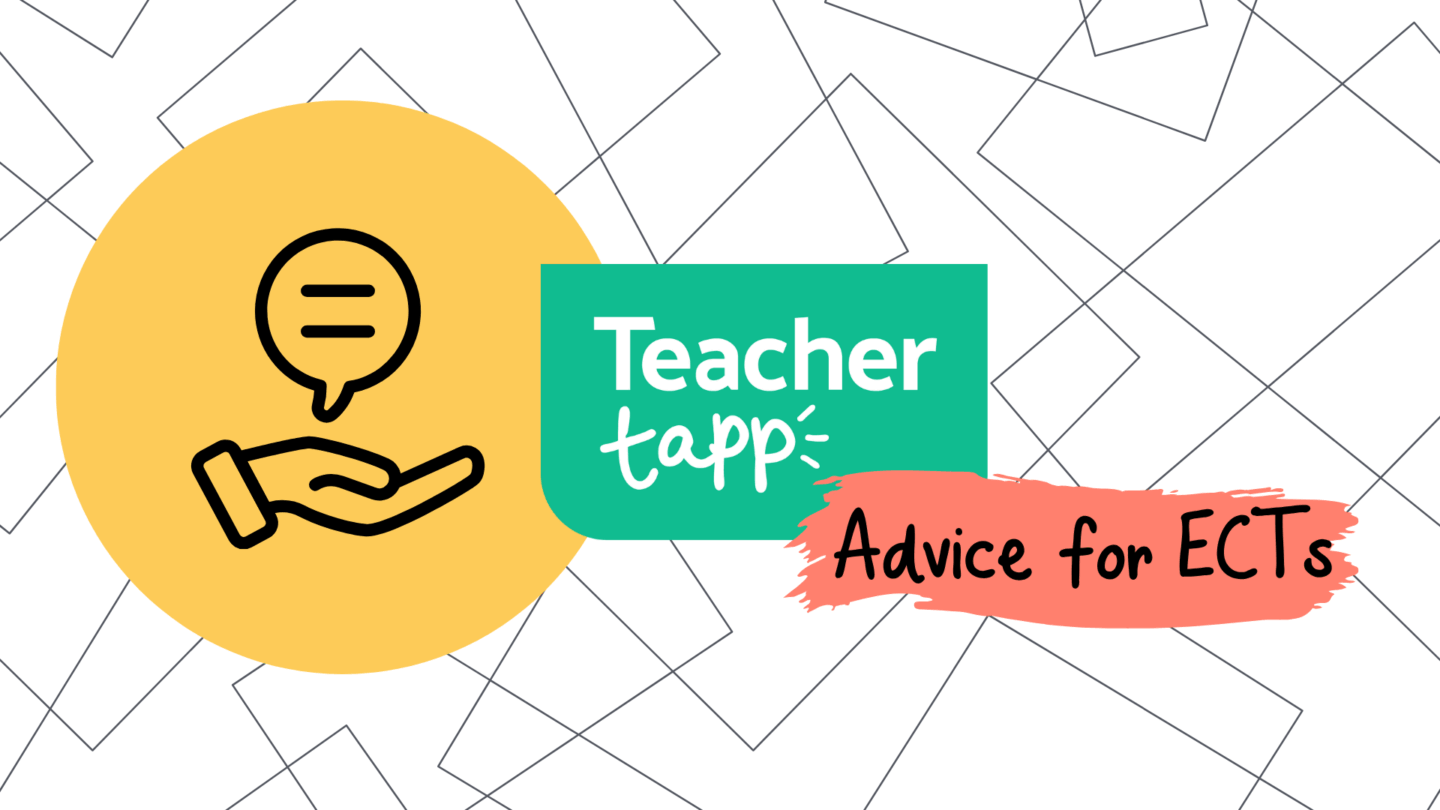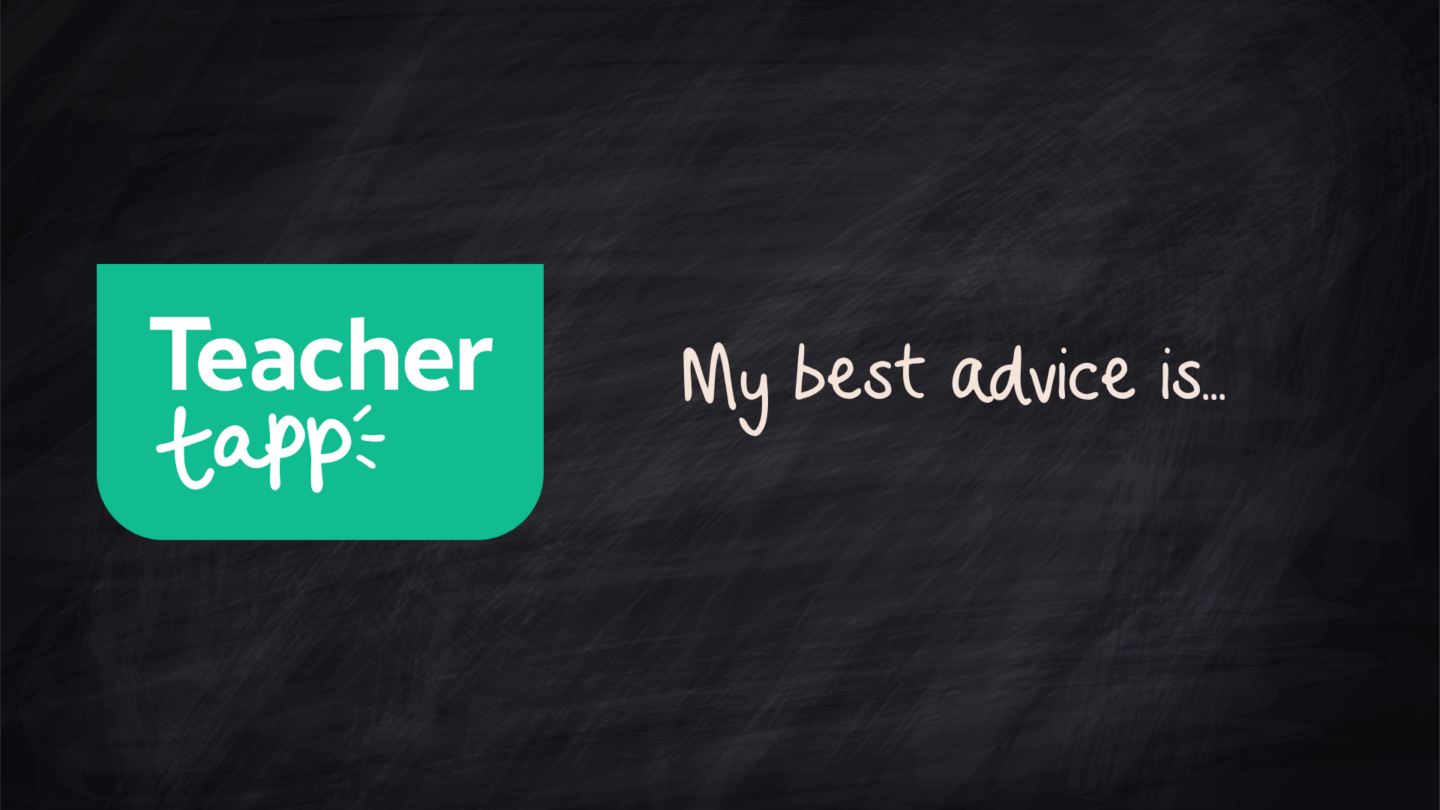We love asking teachers their opinions and views but we often get conflicting responses depending on how we frame the question. Your views on the role of parents in education is a great example of this paradox.
First, you all tend to agree that local families and the wider community are supportive of your school.

This is particularly true if you teach in an independent school (where families presumeably value you enough to pay you a fee!) or a state school serving an affluent community.

So far, so positive. HOWEVER, when we asked about parents with more negatively-worded statements you also tended to give a more negative view of parental relationships with the school.
For example, more of you agree than disagree that parents have unrealistic expectations of how you can support their children.

This is most true for those of you working in private schools. Perhaps it’s hard for parents to appreciate that educational attainment cannot easily be bought!

When we ask questions that do not specifically ask about YOUR parents, but about parents across society, you are even more negative.
A huge 84% of you agree, at least slightly, that parents have become far too disrespectful of teachers.

And 90% of you agree that some parents do not teach their own children to act respectfully.

All of which goes to show that even though you feel parents are supportive, you also can think they have unrealistic expectations and that they are “too disrespectful”. Hmmm…
Circumventing the problem of subjectivity
We like to avoid the inconsistency in opinions that occur because of the way questions are framed. We do this by triangulating with far more objective questions wherever possible.
One of Teacher Tapp’s biggest advantages is that we can ask about specific incidences that have recently happened, which can support/negate wider opinions. For example, given most teachers say that parents are supportive of schools, we were amazed to see that one-quarter of you have had a behavioural sanction undermined by a parent in the last week alone!
Surely this is a sign that parental-school relationships are not always working well together?!

You are more likely to report parents undermining you if you teach in a school serving a more disadvantaged community. Of course, this doesn’t necessarily mean those parents really are more likely to undermine school practice, it could simply be that teachers in these schools are handing out more sanctions.

Headteachers – who have the most contact with parents – are the least likely to have their sanctions undermined by a parent in any given week.

That said, are you now thinking you’d like to become a headteacher one day? Well, you better prepare yourself for being shouted at by other adults instead!

A whopping 85% of primary heads have been yelled at by a parent (as have 79% of secondary ones).
The best way to avoid shouting parents is to be a classroom teacher in a secondary school. Why? Because your contact with parents is rather limited! Secondary teachers are less likely to say it is easy for parents to contact them.

It’s interesting that, once you no longer see parents each day, it changes your perspective on what you *think* your job is.
Secondary classroom teachers don’t really think their job is to support a student’s family to ensure they are successful in their education; primary classroom teachers very much do.

Are schools delivering what parents want?
Teachers largely agree that schools are successful in meeting the needs of their parent community. (Though this is a little less true if your school is judged by Ofsted as RI or inadequate)

Those working in private schools or those serving more affluent communities believe their parents have a better idea of the school’s strengths and weaknesses. AND YET…

While teachers are positive that you are meeting the needs of your community, you also think that parents would change many of your school policies if they took control of the school! ?

Is it because you believe that teachers know best, and that parents would change these policies in ways that wouldn’t really meet their needs? Or something else?
What we do know is that there is a paradox in the way teachers think about parents, and that we must be very careful to ask several questions, in many different ways, in order to start uncovering this complex area.
We hope this has provided some food for thought. If it has, please tell your teaching colleagues all about Teacher Tapp! We’ve even got a poster to put in your staffroom.
Finally, we know you love the tips, so here they are for last week…
- Distraction and the adolescent brain
- Spaced practice and retrieval testing
- Stoicism in schools
- Using research in the classroom
- Annual report template for parents
- Dual coding





